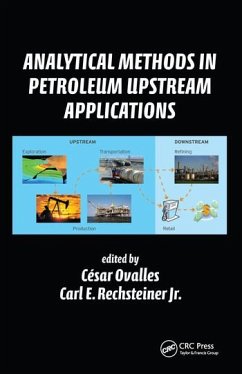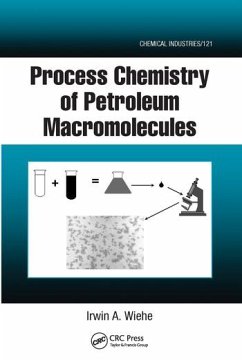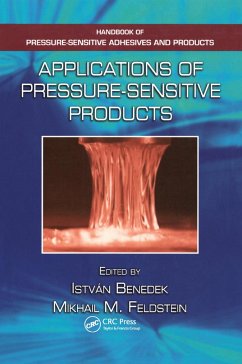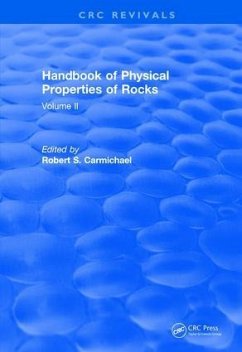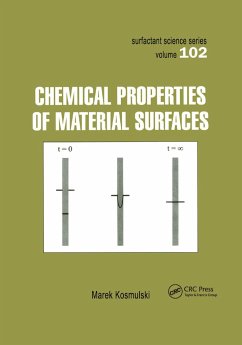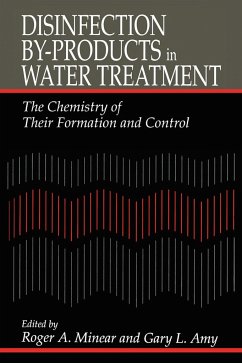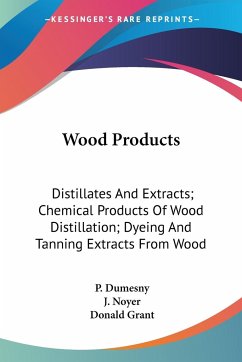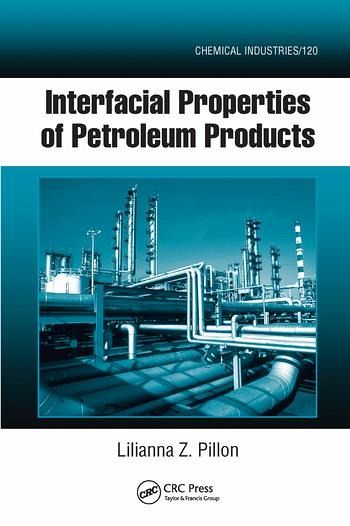
Interfacial Properties of Petroleum Products
Versandkostenfrei!
Versandfertig in 1-2 Wochen
63,99 €
inkl. MwSt.
Weitere Ausgaben:

PAYBACK Punkte
32 °P sammeln!
With mounting pressure to extract petroleum from oil sands and other unconventional sources, oil refineries must adapt their processing methods to handle increasingly heavy crude oils. Unlike traditional crude oils, the properties of heavier crude oils include higher viscosity, metal, salt, and acid content. This causes their interfacial properties to deteriorate, leading to problems such as sedimentation, foaming, emulsification, rust, and corrosion-all of which make the manufacture, transportation, and storage of petroleum products more difficult. Interfacial Properties of Petroleum Products...
With mounting pressure to extract petroleum from oil sands and other unconventional sources, oil refineries must adapt their processing methods to handle increasingly heavy crude oils. Unlike traditional crude oils, the properties of heavier crude oils include higher viscosity, metal, salt, and acid content. This causes their interfacial properties to deteriorate, leading to problems such as sedimentation, foaming, emulsification, rust, and corrosion-all of which make the manufacture, transportation, and storage of petroleum products more difficult. Interfacial Properties of Petroleum Products examines conventional and non-conventional processing techniques for crude oils and documents their effects on the composition and properties of petroleum products at the oil/solid, oil/air, oil/water and oil/metal interfaces. Focusing on surface activity, the author examines the undesirable effects of processes such as solvent extraction, desalting, dewaxing, catalyst deactivation, and hydroprocessing as well as trace element and water contamination. With each process, the author presents methods for improving interfacial properties, including the use of surface-active additives, demulsifiers, antifoaming agents, and corrosion/rust inhibitors. A distinctive and up-to-date source of materials published together for the first time, Interfacial Properties of Petroleum Products will help engineers design more cost-effective and resource-efficient processing methods for heavier crude oils, based on the properties of the crude oil extracted.





